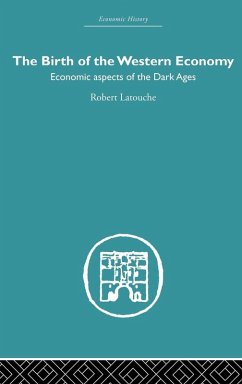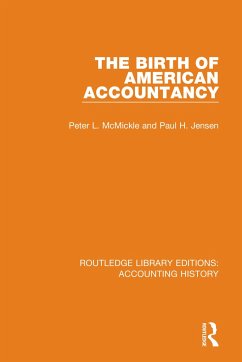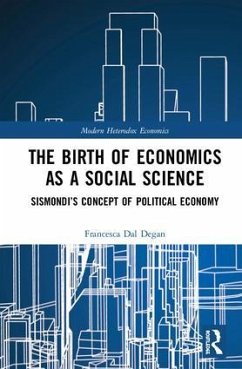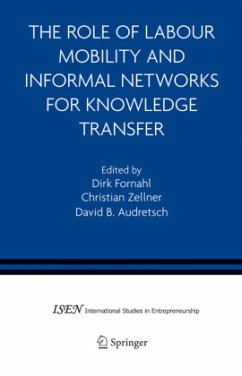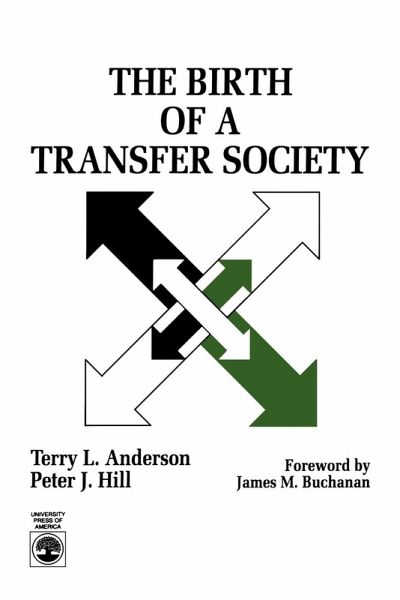
Birth of A Transfer Society
Versandkostenfrei!
Versandfertig in 1-2 Wochen
59,99 €
inkl. MwSt.

PAYBACK Punkte
30 °P sammeln!
The growth of transfers from miniscule to major proportion of the gross national product has resulted in a decreasing productivity, increasing allocation of resources in obtaining and maintaining transfers, as well as increasing the social tension over the legitimacy and allocation of transfers. The authors of this study trace the historical reasons for the rise of transfers, most specifically in the United States. They offer a detailed analysis of the impact of the entire constitution and its interpretation on economic activity. In their provocative conclusion they argue against the willing s...
The growth of transfers from miniscule to major proportion of the gross national product has resulted in a decreasing productivity, increasing allocation of resources in obtaining and maintaining transfers, as well as increasing the social tension over the legitimacy and allocation of transfers. The authors of this study trace the historical reasons for the rise of transfers, most specifically in the United States. They offer a detailed analysis of the impact of the entire constitution and its interpretation on economic activity. In their provocative conclusion they argue against the willing surrender of transfer privileges and offer in solution the suggestion that new constitutional provisions be drafted to limit the power of government to effect transfers and reestablish our economic health. For students of Economic History, Public Policy and American Government. Originally published in 1980 by the Hoover Institution Press.






